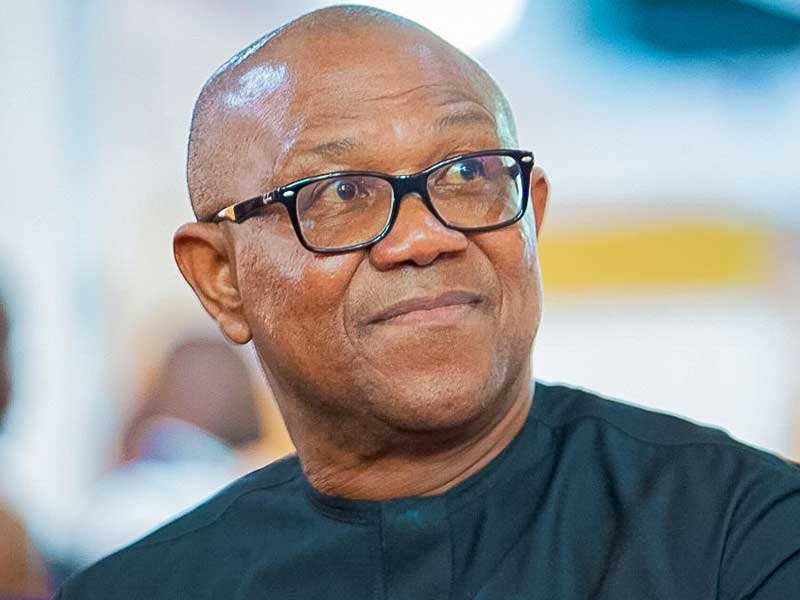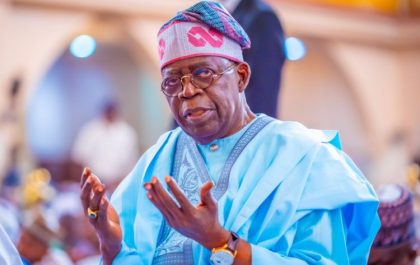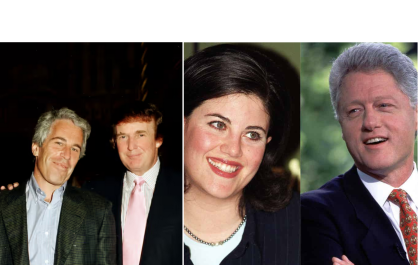By King Eze
The opposition People’s Democratic Party (PDP) is making a renewed push to bring back former Anambra State Governor and 2023 Labour Party presidential candidate, Peter Obi, into its fold, an effort analysts describe as part of a broader political realignment ahead of the 2027 general elections.
Speaking to our correspondent, a former PDP Chieftain, political strategist, and member of the “Obedient” family, Chief Steve Ahans, who talked from Abuja over the weekend, shared insights on the ongoing behind-the-scenes political maneuvers and the critical factors shaping the opposition’s next moves.
He highlighted what he called some key dynamics influencing PDP’s strategic calculations, pointing to both opportunities and obstacles as the party attempts to reinvent itself.
According to him, top among these dynamics is that “where Obi goes, the Obidients go.”
Obi, he said, “commands an organic grassroots movement unparalleled in recent Nigerian political history. The ‘Obidient’ wave, driven largely by young, urban, and diasporan Nigerians, represents a new voting bloc that PDP desperately needs to tap into.
“It’s no longer just about structure. It’s about sentiment and trust. And right now, Obi owns that.”
Secondly, he Ahans noted that “PDP’s institutional strength still matters”.
“Despite its recent internal crisis, PDP still retains a considerable national footprint. The party controls over 10 states, has sitting governors, and a network of political operatives. Neither the Labour Party nor ADC can currently boast of such institutional leverage”, Ahans noted.
He explained that historically, this structure has given PDP electoral relevance, even in turbulent seasons, noting that in 2019, PDP still managed to win 17 states and secure significant National Assembly seats despite being the opposition.
Describing the third dynamic as “The Atiku factor and ADC’s dilemma”, the political strategist noted what he termed as a key challenge facing the new coalition.
“A major challenge facing the new coalition movement under the African Democratic Congress (ADC) is the lingering political ambition of former Vice President Atiku Abubakar.”
“With six presidential attempts since 1993, many observers suspect he might be eyeing a seventh. This could derail the unity the coalition seeks to build.”
For this reason, Ahans said Obi may be reluctant to align with a formation where Atiku is still a looming shadow.
Noting the fourth dynamic as “PDP’s convention will be a battleground”, Ahans hinted that “the PDP’s 2026 national convention, slated for June or July, will be decisive in resolving the party’s internal crisis. That’s when we will deal squarely with elements like Nyesom Wike and Senator Samuel Anyanwu.”
He referenced ongoing factional tensions, such as Wike’s dalliance with the APC and his role as FCT Minister, saying it has raised trust issues within PDP ranks.
Tagging the fifth dynamic as “Obi’s Labour Party ties may be tested”, he noted that “while Obi is still officially with the Labour Party, there are real concerns that the ruling APC could exploit internal divisions or infiltrate the party to frustrate his ambitions”, noting that “the 2023 experience, where some Labour Party insiders were accused of sabotage, remains a cautionary tale.”
Sixth, he said “Coalition Politics Hinges on Atiku’s Next Move.”
According to Chief Ahans, much of the planned opposition realignment still hinges on whether Atiku formally exits the stage or attempts one last run.
He said, “The coalition is waiting to see what he (Atiku) decides.”
He, however, cautioned that indecision could fracture the alliance before it gains momentum.
The seventh dynamic he highlighted was “El-Rufai Rising as CPC’s New Power Broker.”
According to him, with the recent passing of President Muhammadu Buhari, former Kaduna State Governor, Nasir El-Rufai, is increasingly seen as the new ideological head of the defunct Congress for Progressive Change (CPC) bloc.
This, Ahans argued, creates internal friction that benefits Obi: “El-Rufai has his agenda, and it may not align with Tinubu’s. That’s good for any opposition challenger.”
At the eighth position is what he christened “Fear of ‘Gullible’ Politicians in the North.”
He said, “There is growing concern that some northern political actors, particularly from smaller parties or opposition alliances, might be compromised by financial inducements from the ruling party.
“You can’t ignore the transactional nature of Nigerian politics. Some actors are easily “gullible”, and the APC knows how to play that game.”
Tagging the ninth as “Public Discontent with the APC is Fueling Change,” Ahans said, “Rising inflation, insecurity, and subsidy removal have led to a wave of public frustration. The masses are angry, and that anger can be mobilized.”
He continued that “Recent polls show declining approval ratings for the APC, particularly in states like Kaduna, Lagos, and Kano, once strongholds for the ruling party.”
In the tenth position is “Shettima’s body language suggests trouble within APC”, saying “Vice President Kashim Shettima has been noticeably reserved in recent months.
“His silence and awkward public appearances suggest that all is not well in the Tinubu camp. This is the kind of fracture we can take advantage of.”
He also highlighted “The strange demotion of APC’s former Chairman” as the eleventh dynamic, noting the forced removal of former APC Chairman Abdullahi Ganduje and his controversial redeployment to a junior federal ministry under Festus Keyamo.
“That smells of internal humiliation. It’s a sign of chaos within,” he added.
The last dynamic, he said, is “Kwankwaso declining APC Chairmanship is telling”.
Here, the PDP strategist pointed to Rabiu Kwankwaso’s recent refusal to take the APC National Chairman role as a sign of broader instability.
“Even the man they tried to use as a bridge to Kano has distanced himself. These are signs that Peter Obi should pay attention to”, he advised, urging the former Labour Party candidate to consider returning to PDP.
Pondits are already saying that as Nigeria inches toward another high-stakes election cycle in 2027, the battle for alliances, structures, and public trust is heating up.
Whether Peter Obi remains in Labour, joins the coalition, or returns to the PDP, they say, “one thing is clear, his next move could determine the shape of the opposition and the future of Nigeria’s democracy.”
Related posts
Subscribe for newsletter
* You go receive the latest tori wen you put your email



